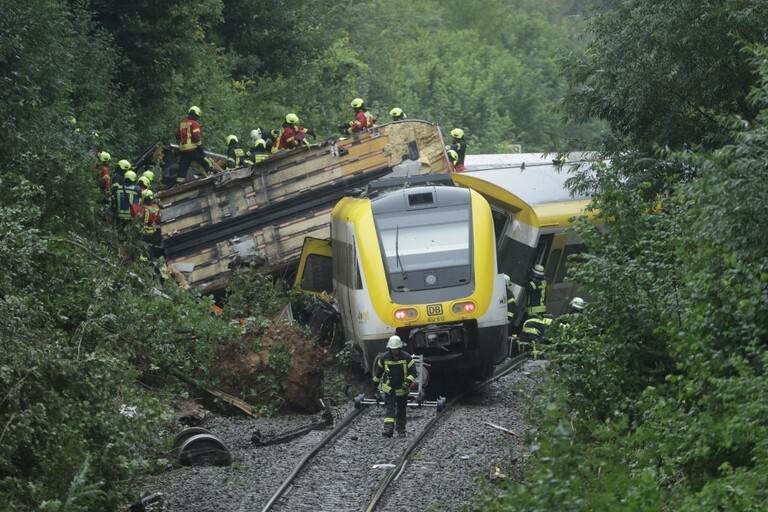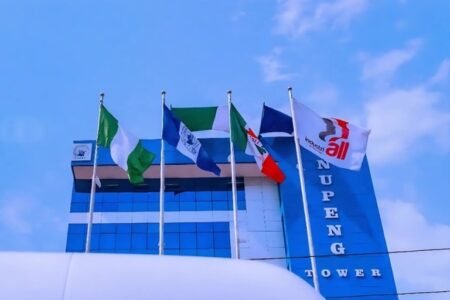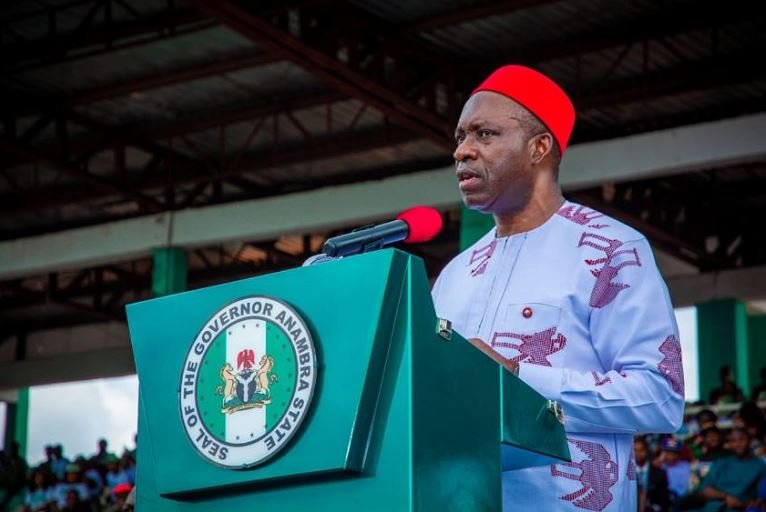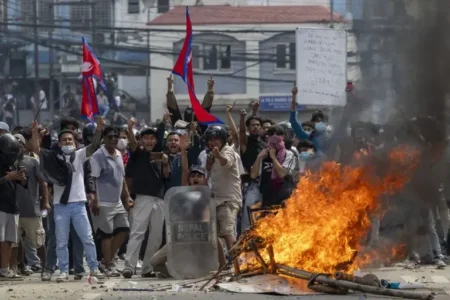Portugal observed a day of national mourning on Thursday after 17 people were killed in the derailment of one of Lisbon’s historic funiculars, with 21 more injured.
The tragedy occurred on Wednesday evening in one of the capital’s most popular tourist locations, when the yellow Gloria funicular ran off its tracks on a steep portion near Liberty Avenue and collided with a building.
Emergency authorities verified that at least 11 foreigners were hurt, including two Germans, two Spaniards, a Frenchwoman, an Italian, a Swiss national, a Canadian, a South Korean, a Moroccan, and a Cape Verdean.
Fifteen people died at the scene, including eight men and seven women, and two more died later from their injuries.
The three other funiculars in Lisbon have been paused “to check the conditions and safety of their operations,” according to municipal civil protection spokeswoman Margarida Castro.
The German foreign ministry said its consulate in Lisbon was helping with local authorities to identify the victims.
“Unfortunately, we must presume that Germans are also affected,” The government informed AFP that there is presently no accurate information on the figure.
-
Train derailment kills three, injures 103 in Egypt
-
NSIB confirms six injured as Abuja–Kaduna train derails
According to police sources, a German man died, his wife was in severe condition, and their three-year-old child was slightly hurt.
Rescuers and police were seen working late into the night around the wrecked funicular, which was lying on its side against a wall.
A lady who observed the disaster told news channel SIC that the train, which can accommodate approximately 40 passengers, “struck the building with brutal force and collapsed like a cardboard box.”
Lisbon Mayor Carlos Moedas described the occurrence as “a tragedy that our city has never seen.”
According to Prime Minister Luis Montenegro’s office, the disaster “brought grief to families and dismay to the country,” while European Commission President Ursula von der Leyen expressed her sympathies to the victims’ relatives.
Prosecutors in Lisbon have launched an investigation into the cause of the tragedy.
According to Pedro Bogas, the CEO of Carris, Lisbon’s public transport provider, the business followed “all maintenance protocols.”
He stated that general maintenance is performed every four years, most recently in 2022, with intermediate checks every two years, the last of which was finished in 2024.
The Gloria funicular, one of Lisbon’s most recognizable landmarks, began operation in 1885 and was electrified in 1915. It remains a popular form of transportation for both locals and visitors crossing the city’s steep slopes.











